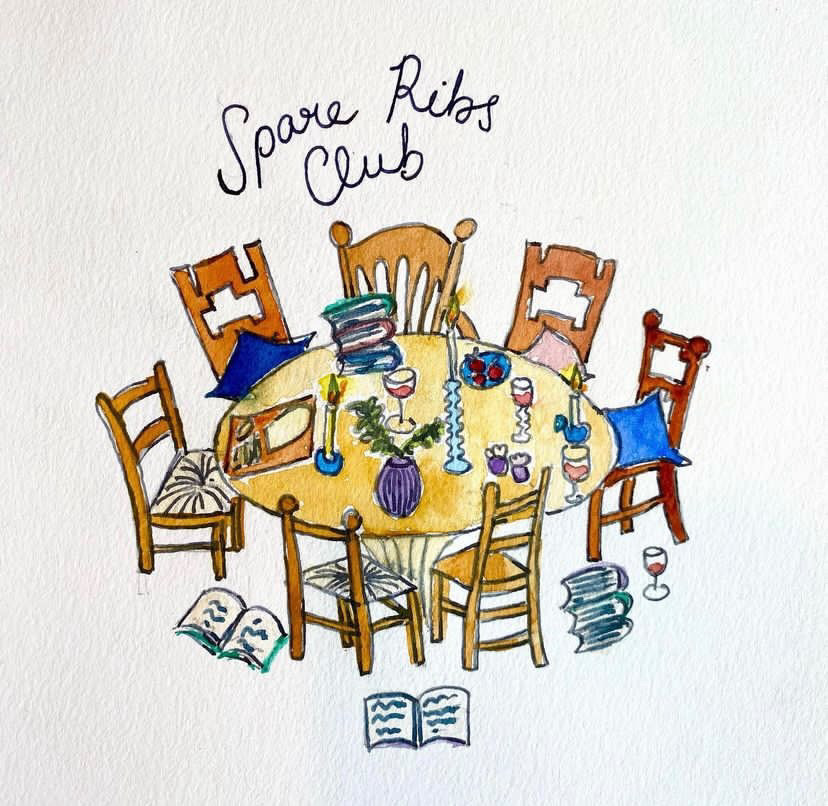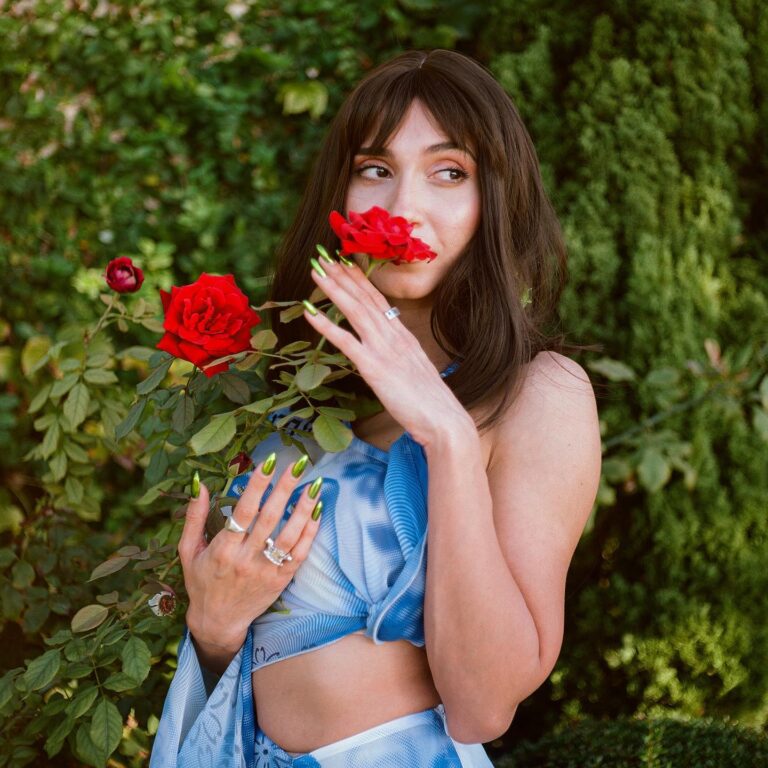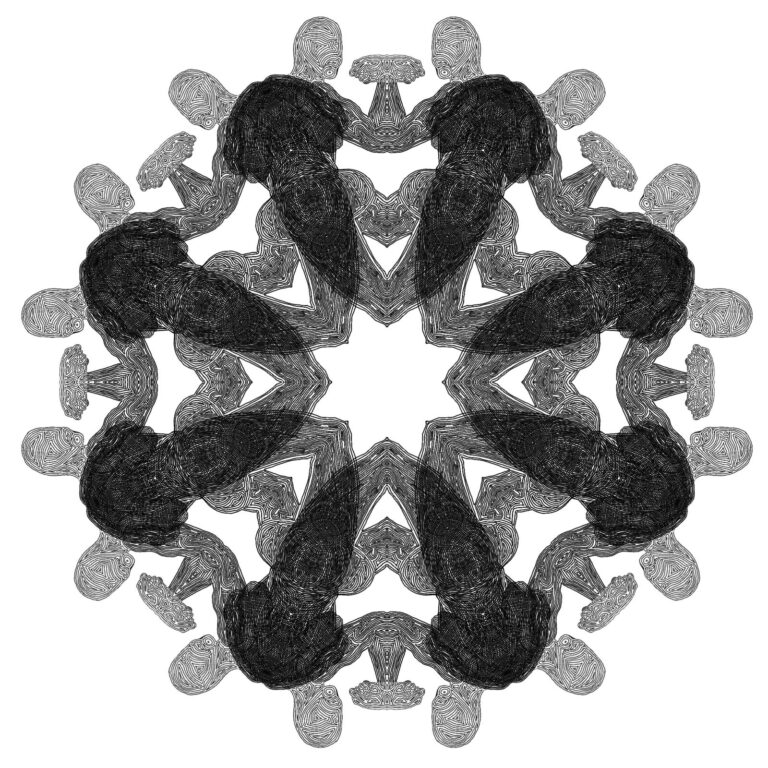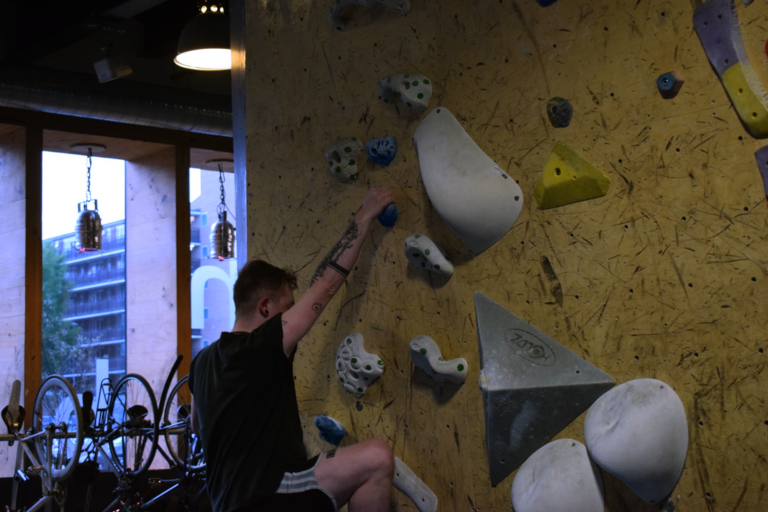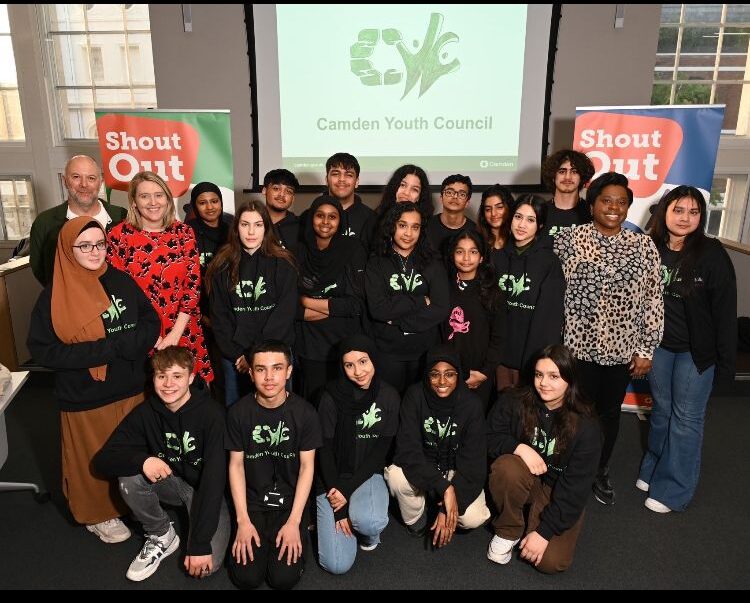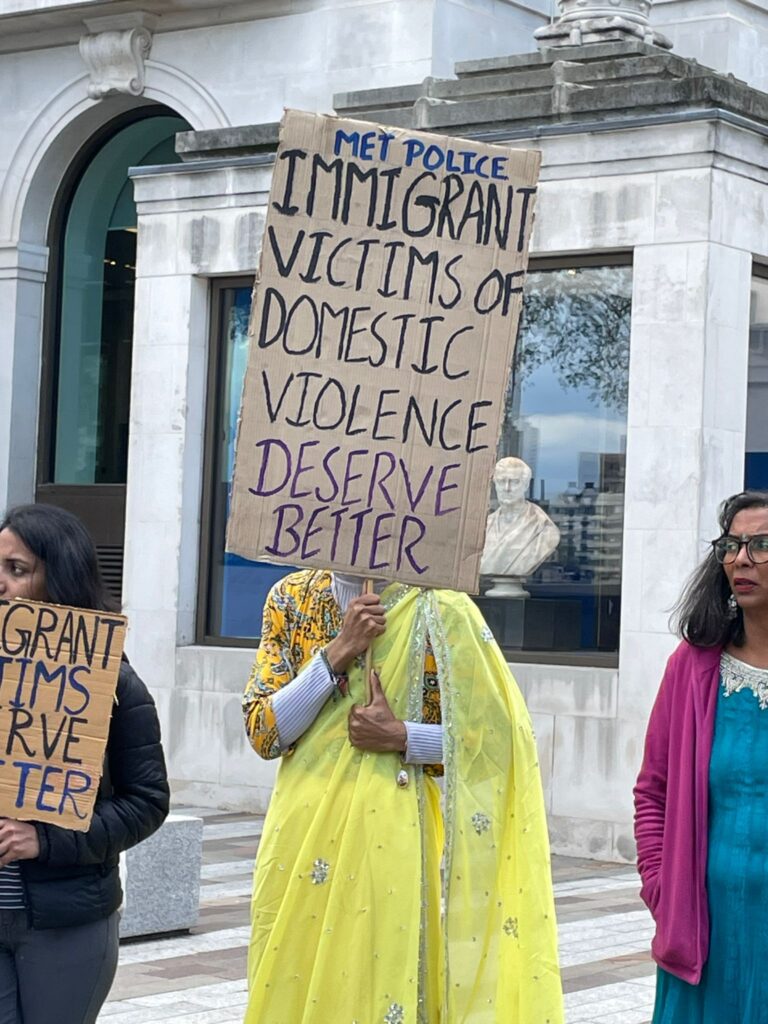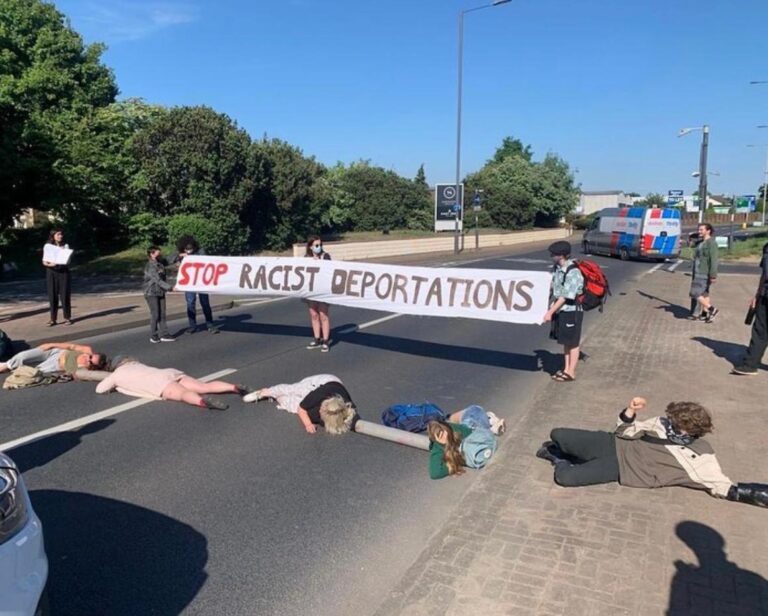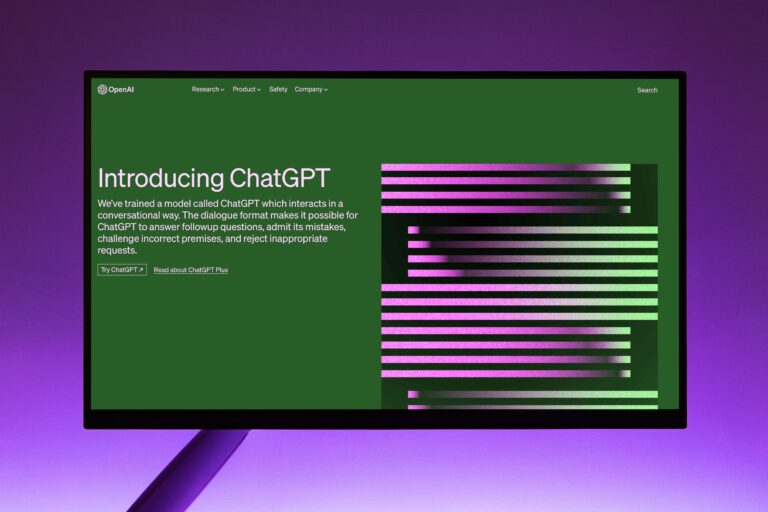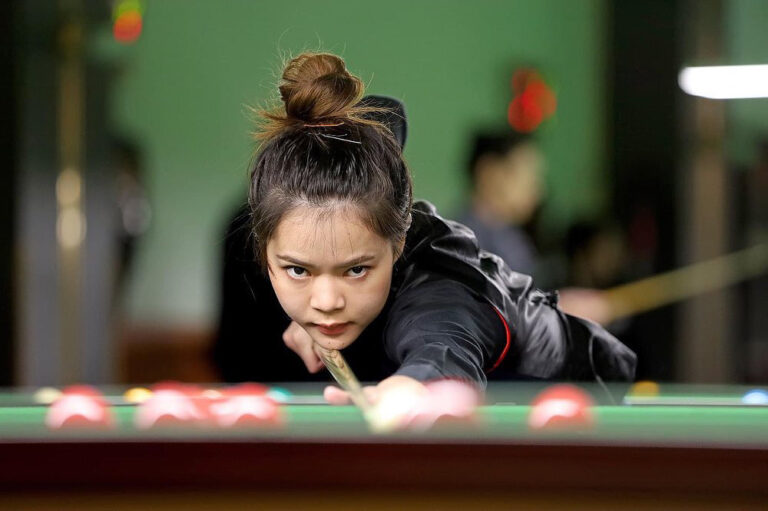Founder of feminist book club ‘Spare Ribs’ on activism, feminism and finding community after university (Credit: Spare Ribs Club)
Calling Alexandra Holker busy is an understatement. “Now when I list everything I do, I think gosh it is quite a lot,” Holker says, laughing as if realising this for the first time. Red curly hair frames her face and she has a hearty, genuine laugh. The Spare Ribs Club is hosting a live drawing event today.
In her day job the 27-year-old is a humanitarian policy officer at the British Red Cross, where she mostly specializes in climate policy. In her spare time, she runs a feminist membership network and book club called Spare Ribs that involves organizing multiple monthly events, writing a newsletter and running a podcast. For this project, Holker has recently won the Barbican Imagine Fund 2023, which will financially support projects benefiting London communities.
Every month the members of the club get together to talk about a book that they have collectively decided on and which explores feminism through different lenses. Some recent examples include The Sex Lives of African Women by Nana Darkoa Sekiyamah, Supper Club by Lara Williams and My Year of Rest and Relaxation by Otessa Moshfegh. The club has more than 150 members and Holker organizes multiple events to give everyone the chance to get involved. In addition to the regular book discussion meetings, the club also offers a life drawing class every month, a supper club every two months and stand-alone events such as poetry workshops.
“It’s a means of exploring intersectional feminism and social justice through the lens of literature, food, music, and arts. It’s a space for women of all backgrounds to feel safe in exploring gender and feminism and talking about issues that are important to everyone,” Holker explains. If you had told Holker a year ago what her book club, which started as a fun opportunity to socialise with friends, would become, she would have been surprised. “I didn’t think that it would become this much of a kind of side hustle. I love organizing things. I love hosting things. So it was just kind of an extension of that for me in terms of my social life.”
It all started in 2021, driven by a post-covid motivation to socialise but lacking a more relaxed space that didn’t revolve around alcohol or heavy partying. For Holker it also coincided with graduating from university and missing the set structure of societies and clubs. She holds a masters in Art History from St Andrews and in 2020 she graduated from SOAS with a masters in Developmental Studies.
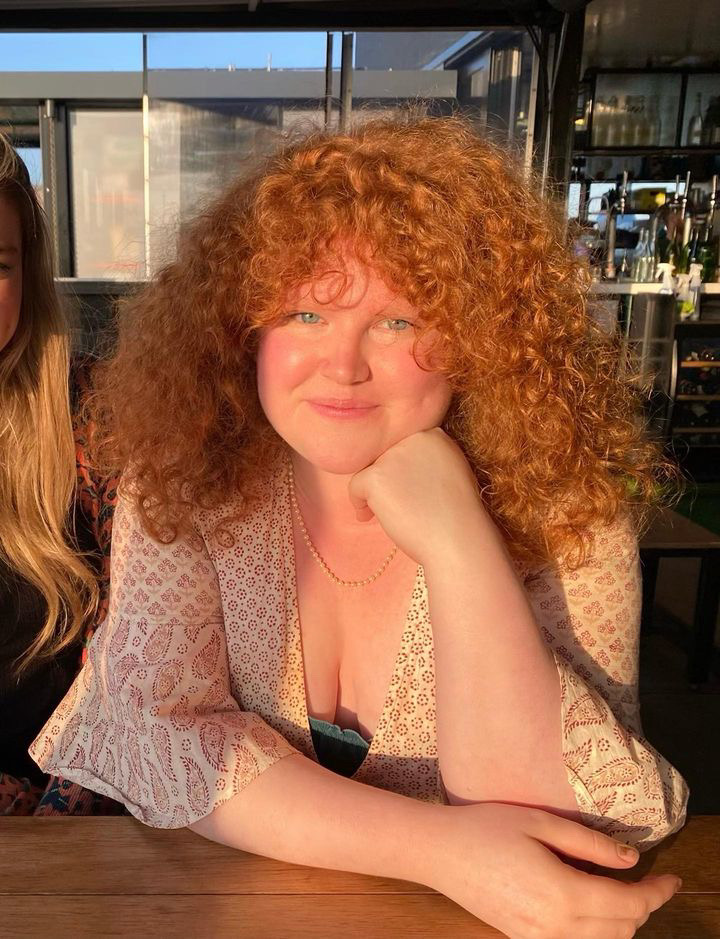
“As an adult you have to organize your own societies. I thought it could be kind of a subversive book club, because often people think of book clubs being for maybe slightly older women, or a housewife or suburban thing, which is not what it should be. There was a niche basically for radical book and supper club for my friends.”
After a while the club started to expand further, to friends of friends, to complete strangers; and eventually to TikTok. It has now turned into a small community and support system, especially for young women who have just moved to London in search of friends. “ I think a lot of young women feel a sense of loneliness and don’t really talk about it, because it’s not a stereotype for young women to be lonely. People think that young women just have loads of friends and an amazing social life, and that’s not true a lot of the time.”
Holker is from London and didn’t feel the need to build a new community but one of the most gratifying experiences of running the Spare Ribs Club is seeing people make friends: “The energy that is created in those meetings in those rooms is so palpable and so beautiful that it’s just a group of young women and it’s a positive way of experiencing feminism. It’s a positive way of experiencing kind of like banding together in solidarity … realizing it’s actually really hard being a woman. But this is a space to feel supportive and energized and empowered.”
In the future she would like to see Spare Ribs grow and become even more diverse and accessible. Holker is aware that she is white, middle class and had the privilege of enjoying a private education but she does not want the club to reflect that: “That’s why I focus so heavily on the intersectional part of it. Because I don’t really want it to be a room of white women discussing white feminism.”
